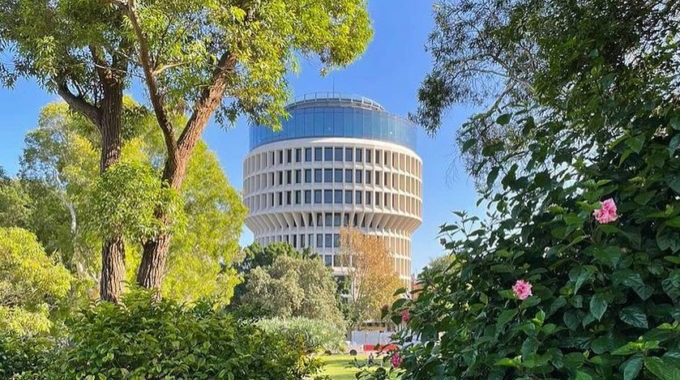Crystalbrook puts waste to work
Newly opened Crystalbrook Kingsley, the first five-star hotel in the NSW east coast city of Newcastle, has partnered with University of Newcastle researchers to drive sustainability, reduce food waste and develop new solutions for the wider hospitality industry.
The hotel’s trash will become the university’s treasure, as researchers explore the environmental impact of the hospitality industry and work to develop new innovations in sustainability. Crystalbrook Kingsley will donate restaurant and bar waste to the university’s Food Science Research Group, which will examine the hotel’s waste products – such as citrus peel, ground coffee and fruit pulp and skin – and investigate how these items can be upcycled into the likes of coasters, beverage stirrers and complimentary guest items.
“The collaboration with University of Newcastle is an exciting one,” says Crystalbrook CEO Geoff York. “This partnership will see the development of practical solutions that reduce our environmental impact, while introducing strategies that can be adopted worldwide.”

A more sustainable future
For the next four years, an annual Crystalbrook Kingsley Environmental Scholarship will also be granted to University of Newcastle students with a strong passion for food waste utilisation. Each year, the student awarded the scholarship will have the opportunity to work directly with Crystalbrook Kingsley to implement world-leading hospitality environmental practices. More details on the new scholarship and how interested students can apply will be released by the university in the coming weeks.
The University of Newcastle has been named number one in the world for partnering for a more sustainable future in the 2021 Times Higher Education Impact Rankings. Co-lead of the project, Dr Taiwo Akanbi, says the collaboration is consistent with the circular economy concept, where waste products are kept in use while reducing environmental footprint.
“It will also create timely innovation that puts Australian waste utilisation research at the forefront internationally,” Dr Akanbi says.









